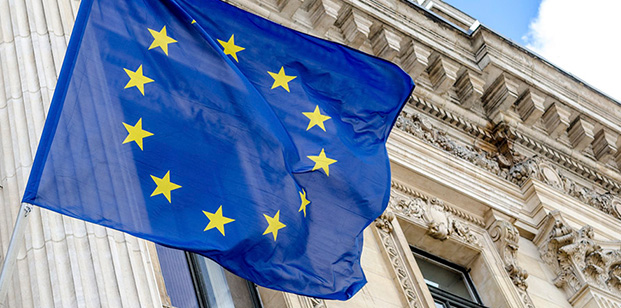One year after the Brexit referendum, negotiations between the EU and the UK have finally started, although the UK Government’s position has been undermined by the hung Parliament. Having fallen heavily against major currencies in the wake of the Brexit vote, the pound has remained weak over the past year, not only boosting overseas profits for UK companies, but also driving up inflationary pressures.
- The pound has fallen heavily against the US dollar and the euro
- Sterling’s weakness has boosted large-cap performance
- The FTSE 100 Index has hit new highs
The controversial Brexit vote took place on 23 June 2016. One year on from the historical referendum, what has changed?
Since last June, the pound has fallen by about 15% against the US dollar and by about 13% against the euro . Sterling’s weakness has provided a boost for larger UK companies, whose overseas profits have been enhanced when translated back into sterling, and this has been reflected in their dividend payouts and in the performance of the FTSE 100 Index. The day before the referendum took place, the blue-chip index closed at 6,261. Following the result, the market plunged by almost 9%; one year later, the FTSE 100 Index is over 1,000 points higher.
“Political uncertainty has dominated since the vote”
The pound’s weakness has pushed up import prices, stoking inflationary pressures. One year on, the UK’s consumer prices index (CPI) has reached its highest level for almost four years during May, rising to 2.9% , but wage growth is not keeping pace with the rising cost of living and this is squeezing UK households.
Political uncertainty has dominated since the vote; David Cameron resigned as Prime Minister after the decision to leave and was replaced by Theresa May. Her Brexit plans were subsequently thrown into disarray by her decision to hold a snap General Election in order to increase her Parliamentary majority – a move that backfired and resulted in a hung Parliament. Looking ahead, the UK is on the back foot as Brexit negotiations begin.
A version of this and other articles covering current affairs are available to use in our newsletter builder feature. Click here









